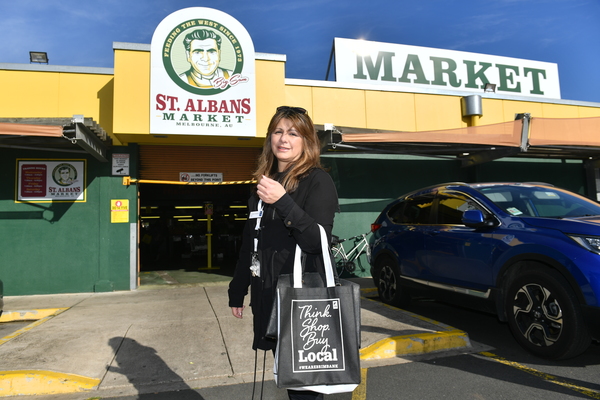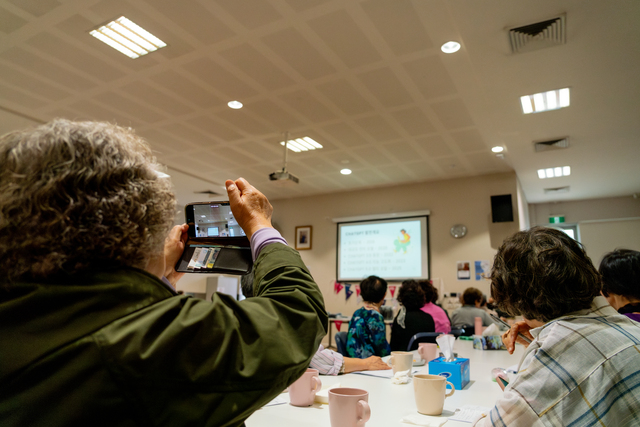Ninety per cent of Brimbank businesses have been impacted by the COVID-19 pandemic, a survey of businesses in the municipality has revealed.
The council-wide survey has found that of 171 businesses, many of which employ less than 20 people, 92 per cent experienced loss of revenue and customers, a reduction in staff and an impact on operating costs and supply chains.
Brimbank mayor Georgina Papafotiou said while the results were not surprising, they were particularly concerning in an area with high levels of socio-economic disadvantage.
“We expect the return to stage three restrictions requiring people to stay at home, and requiring businesses to shift what they are doing yet again, to cause further hardship,’ Cr Papafotiou said.
“Some businesses have had no income or significantly reduced income during the restrictions and there are concerns about their ability to pay ongoing business expenses, particularly when deferred payments come due.”
The council recently wrote to the state government requesting it consider establishing a joint taskforce to oversee the local health, wellbeing and economic responses to COVID-19.
It had received no response when the government reimposed restrictions on a number of Brimbank postcodes.
Now the council says it is working with local businesses to understand the support and assistance required from government to operate throughout the pandemic.
Of businesses who took part in the council survey, 69 per cent say they require tax incentives, 52 per cent require support resources, and 51 per cent said they require reduced or interest free loans.
The council has now established its own taskforce to deal with the pandemic.
Cr Papafotiou said the taskforce findings so far indicated that while the majority of businesses have been impacted, the extent depended on whether businesses have been able to continue trading and to what degree.
Cr Papafotiou said continued government support in Brimbank was vital for recovery.
“The Taskforce has highlighted a range of COVID-19 business issues including the importance of JobKeeper and its continuation beyond the September deadline; difficulties associated with negotiating commercial tenancy relief; and the need to improve communications with businesses that are not online and where English is not a first language,” she said.
“This information, both anecdotal and evidence-based, is vital in being able to represent to government the large impact of the pandemic, and the support we will require when we can start to look at a recovery.”
But she welcomed the support the community had received so far, including the state government offering more than $6.1 million in payroll tax refunds for 198 local businesses to date, and one-off payments of $10,000 to 3840 local businesses.







